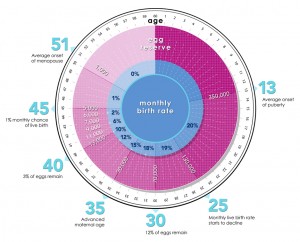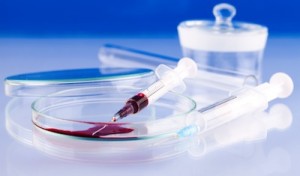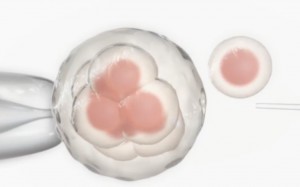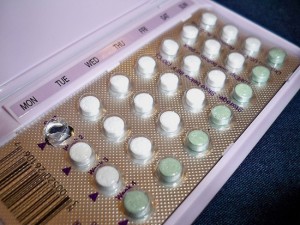 The number of men having vasectomies has halved in a decade and may be the reason behind a rise in abortions among women in their 30s and early 40s, experts have said.
The number of men having vasectomies has halved in a decade and may be the reason behind a rise in abortions among women in their 30s and early 40s, experts have said.
Men may be more reluctant to have the procedure as a permanent contraceptive because of the increased likelihood of marriage breakdown and a second relationship.
Financial constraints on the NHS may also have contributed to the drop as the health service attempts to save money by rationing non-essential operations. Read full article.






